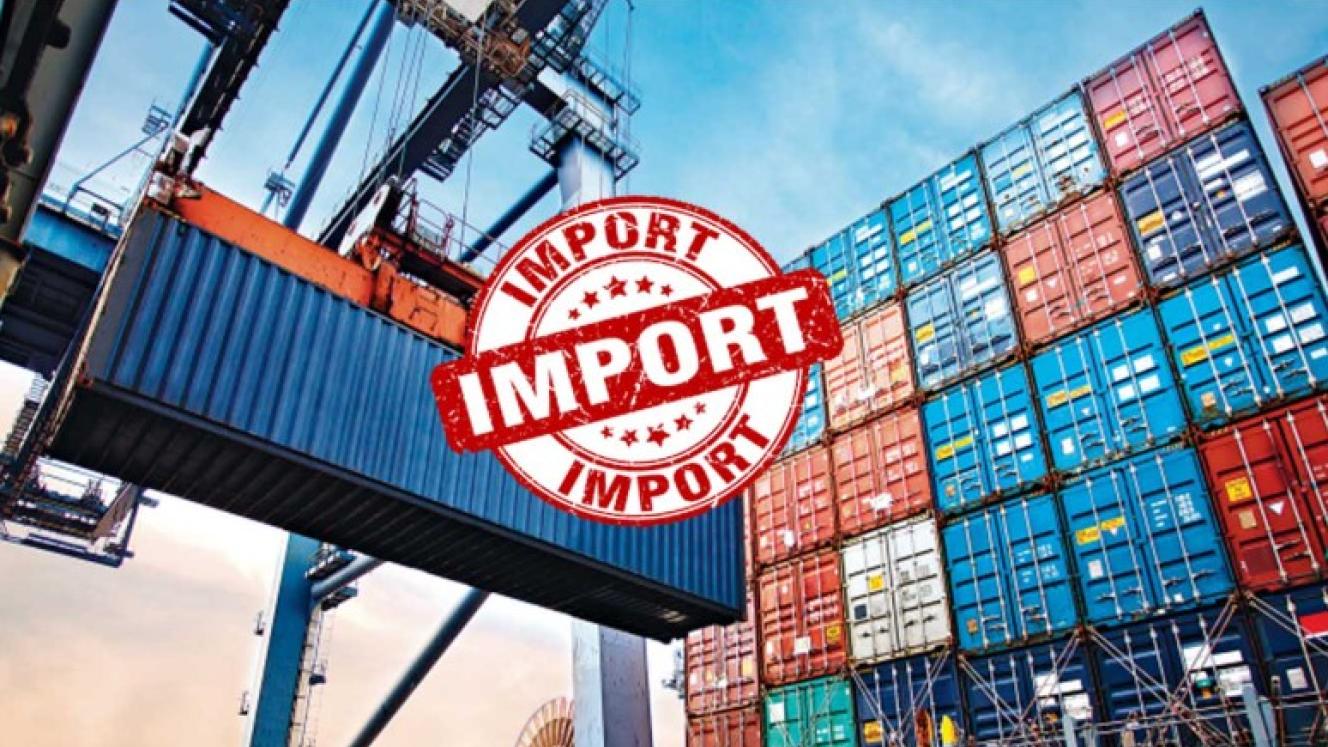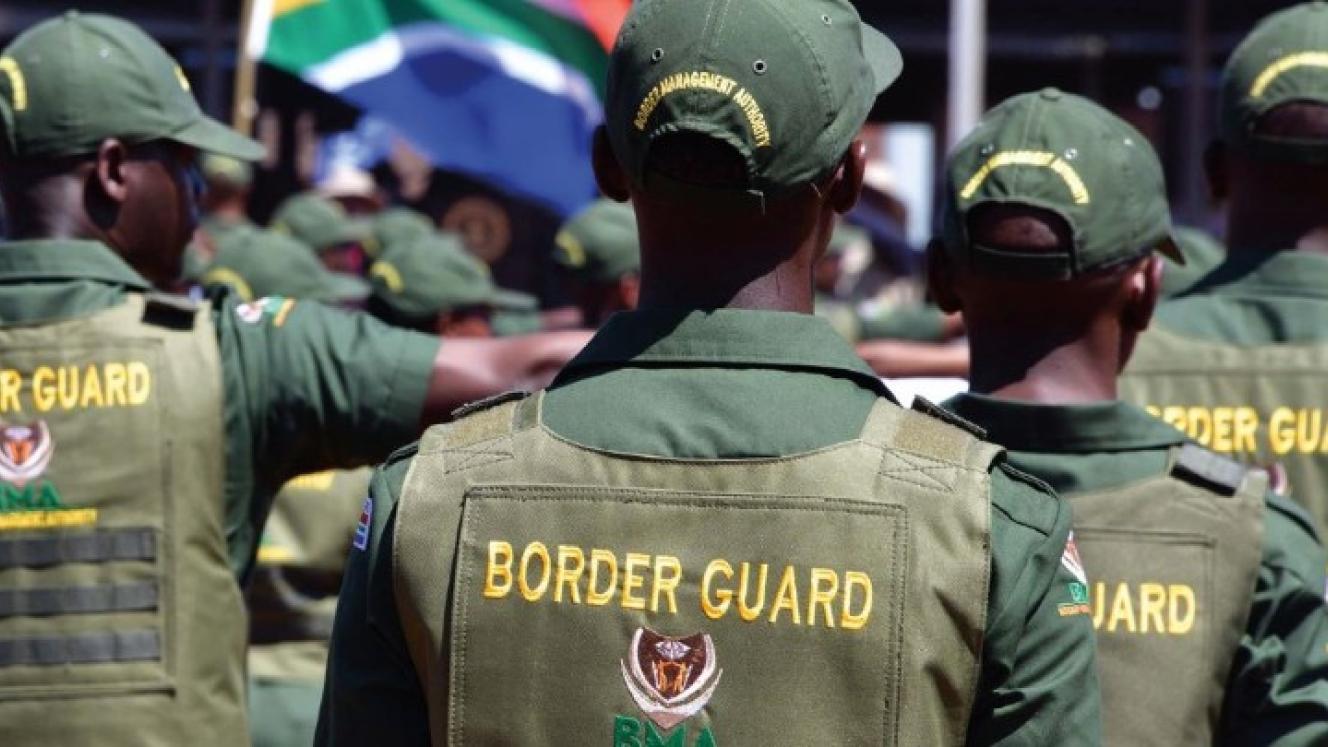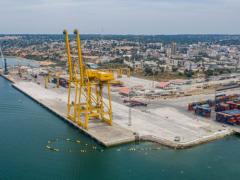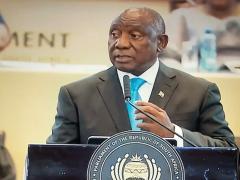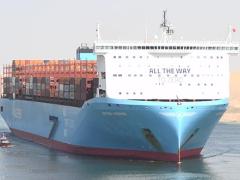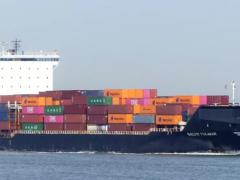The most frustrating part of importing goods is having to deal with customs when a consignment is queried, detained or stopped for an inspection.
From the outset, it must be emphasized that most interventions are dealt with relatively quickly with little or no inconvenience.
There are, however, exceptions and it is the exceptions that attract the most attention, as they inevitably lead to delays in obtaining release of the goods resulting in additional costs to the importer.
Again, a distinction must be made between consignments where a contravention has been detected and those consignments delayed due to customs inefficiencies and where the trader is compliant.
The Customs & Excise Act, the Rules to the Act, various policy guidelines and the Service Charter all contain references to timeframes within which traders must comply as well as the timeframes within which customs must respond and finalize matters.
It is when a trader is compliant, but customs fail to respond within a reasonable time, or in some cases not at all, that serious challenges arise.
Customs has always had escalation processes in place to assist traders when experiencing delays and, in the past, escalations were directed to specific teams such as documentary inspections, physical inspections or audit teams, and to the specific branch office.
These escalation processes have been amended over the years, most recently with the introduction of the modality structures.
- Raed the full opinion piece in our “Columns” section.
